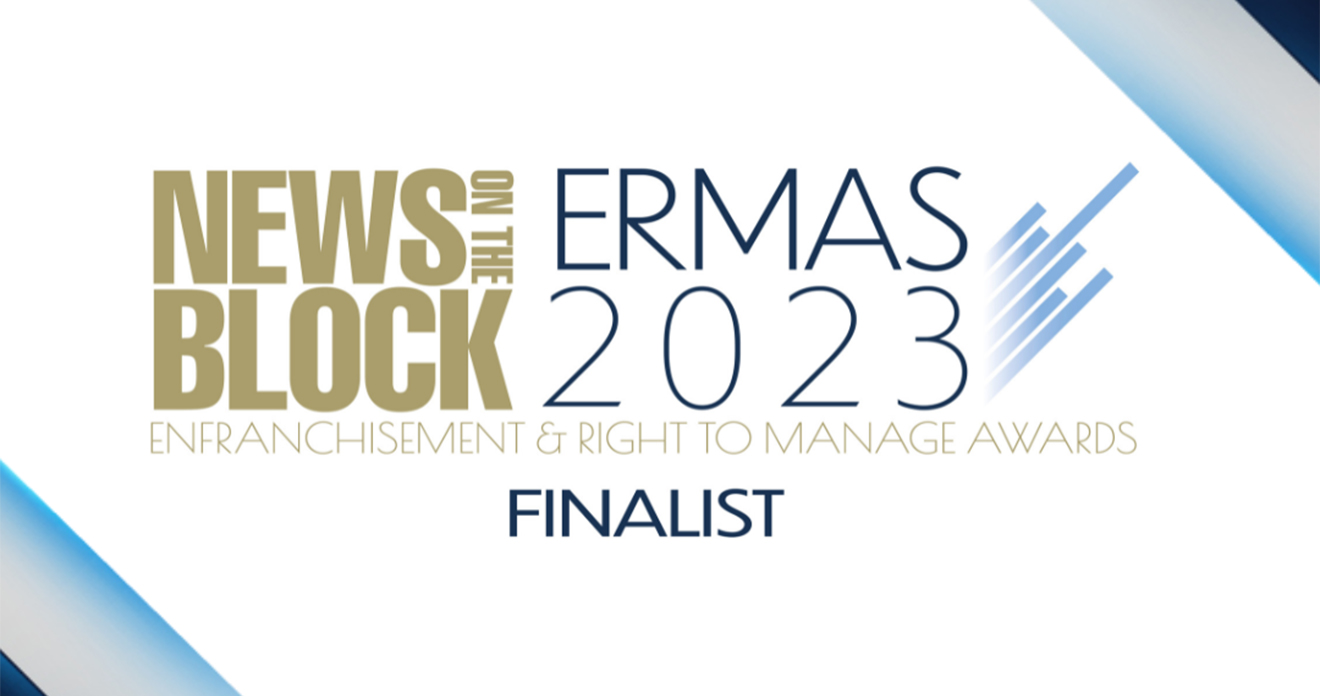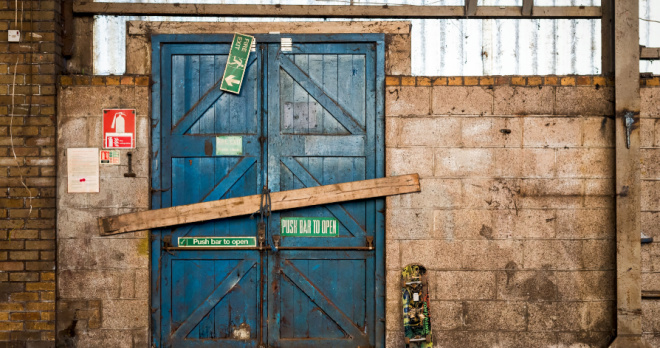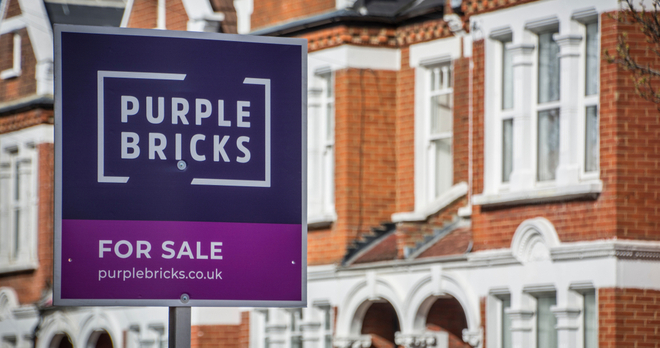Restrictions on use when owning a Leasehold Property

What is a Restrictive Covenant?
A Restrictive Covenant is an obligation which is restrictive in nature and which preserves the value and enjoyment of the adjoining land. It sets out what a Leasehold owner must not do during the course of their ownership.
What restrictive covenants are typically found in leases?
The list of covenants below is not exhaustive and contains some examples of common restrictive covenants found in a lease:
- Not to carry on or permit to be carried on any trade or business at the property.
- No musical instruments to be played at the property to cause annoyance to other owners between the hours of 11pm and 9am.
- No dog, bird, cat or other animal or reptile shall be kept at the property without the prior written consent of the landlord.
- Not to fix any television or satellite dish on the property without the prior written consent of the landlord.
- Not to assign part of the lease or underlet, charge or part with possession of part of the property.
- Not to make any internal structural alterations to the property without the prior written consent of the landlord.
- Not to allow any caravan, trailer or commercial vehicle to be brought onto the property or development.
- Not to use the property other than as a private residence, meaning the property cannot be let for holiday let or Airbnb.
Many covenants are self explanatory but covenants such as not allowing caravans, work vans, not to alter and assign part of the property, etc. are put in place to preserve the estate’s value and enjoyment both now and in the future. Also, a covenant not to carry on trade or business at the property should not prevent a professional working from home on odd days, but it is a covenant to prevent obvious trade being undertaken such as a business registered to the address, signage at the property and obvious comings and goings of vans and workforce. This is to preserve the estate as a residential estate rather than an estate which has commercial dealings. Local planning law may also decide whether or not this can be undertaken so consultation with the local planning officer should also be made as this could restrict the use or have an impact on council tax and/or business rates.
If the landlord’s written consent is required, this should be obtained before you undertake your planned activity. Please note if consent is required for physical alterations to the property, a formal Licence for Alterations may be required which will incur further legal fees, statutory planning laws will also need to be considered. The landlord should not unreasonably withhold this consent. The landlord will keep a record of what consents are granted at the property in case this affects their ownership of the freehold and any other surrounding leasehold properties.
What happens if you fail to comply with a restrictive covenant in the lease?
A leaseholder who fails to comply with the covenants in their lease (i.e. does not get landlord consent or even pay rent on time) will be deemed to be in breach of covenant and at risk of the landlord taking remedy for the breach. The landlord may serve notice on the leaseholder’s lender of the breach. The remedies are available to the landlord:
- Damages - the landlord can recover sums by following normal contractual rules but if the recovery of damages relates to a repairing covenant special rules are applicable.
- Put in place an injunction to prevent an anticipated breach of covenant.
- Pursue any guarantors of the existing leaseholder.
- Pursue a former leaseholder – if a former leaseholder remains liable for the covenants the landlord can pursue them for the breach. To ensure an outgoing leaseholder does not remain liable a Deed of Covenant with the ingoing leaseholder must be entered into so the ingoing leaseholder becomes liable for covenants from the date of the completion of their purchase of the leasehold property, the former leaseholder then would no longer be liable.
- Forfeiture – the right to take possession of the property even before the expiry of the lease. This remedy can be exercised in two ways, either by Court or by a peaceable re-entry by the landlord. This is the worst case scenario, if a leaseholder breaches the covenants in the lease, the landlord an repossess their property.
Owners of leasehold property should make sure they are aware of and familiar with all covenants contained in their lease. To prevent any breach of covenant, leaseholders should adhere to the covenants within their lease no matter how trivial or unimportant they feel the covenants are. This will prevent any chance of the covenants being breached and remedies being required. It will also save any holdups when the leaseholder decides to sell the property.
If a leaseholder decides to sublet the property, the leaseholder should make sure their tenants are bound by the covenants contained in the lease and undertake regular inspections to ensure no breaches occur. Leaseholders who sublet the property should also make sure their address for service is up to date at the Land Registry.
Our property disputes team are here to help you navigate any legal issues relating to your property.
Call now













